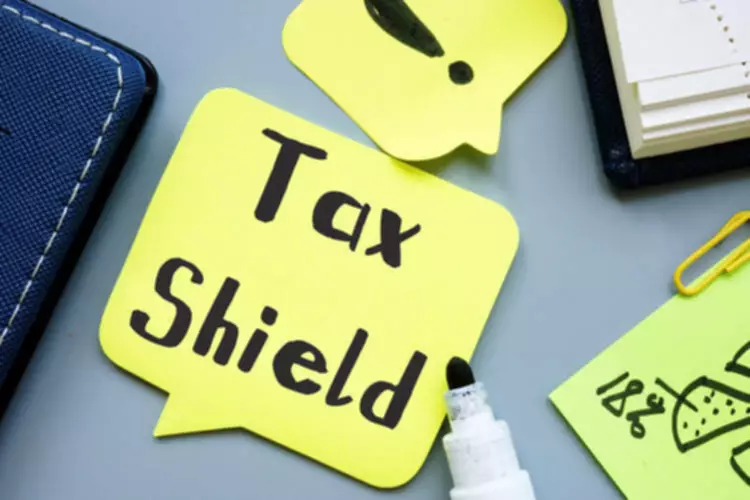Content

Depending on the client being represented and the nature of the trial, the work and responsibility can be distinctly different. For example, working on a personal divorce versus the Enron scandal would be vastly different. Analysis of financial information that can be used to support a case in a court of law. Forensic accounting is a combination of accounting and investigative techniques used to discover financial crimes.
Forensic accountants often review accounting systems and practices related to criminal and legal investigations. As technology advances and fraud becomes more difficult to detect, forensic accountants will be vital to stopping financial crime. But if you’re interested in putting your detective skills to the test to ferret out financial crime—this career is well worth it. The services of a forensic accountant can be used in a civil and criminal investigation as well.
Preparing for Litigation
The investigation and verification are normally done to the company’s financial statements, management accounts, and other related documents, data, and information related to the investigated subject matter. The types of activities performed by these specialized accountants include investigating fraud, quantifying damages, valuing a company, or assessing tax bills. The accountant’s tasks include tracing funds, asset identification, asset recovery, and due diligence reviews. Forensic accountants may also train in alternative dispute resolution due to their high level of involvement in legal issues and familiarity with the judicial system. Forensic accountants can work in a variety of sectors, whether in public practice or for insurance companies, banks, police forces, or government agencies, Schachter says. The accounting expertise that I gained in the early part of my career provided a solid basis for my current role in forensics, where accounting and investigative techniques are intertwined. Forensic accountants in these roles work to uncover evidence of criminal activity.
Gain in-demand industry knowledge and hands-on practice that will help you stand out from the competition and become a world-class financial analyst. Forensic accounting is used by the insurance industry to establish damages from claims.
Everything You Need to Know about Big 4 Accounting Firms
Various intelligence measures are strategized and offenders are identified by the forensic accountants. For this purpose, they go through a detailed review of the company’s different documents and books. Other than testifying in the court, these accountants also prepare visual aids in order to support trial evidence. Sometimes, these accountants are required to get additional training in Alternative Dispute Resolution so that they can do their high-level work related to legal issues and the judicial system without any error or mistake. Forensic accountants use asset identification and recovery, tracing funds, and due diligence reviews. Forensic Accounting is the specialty practice area of accounting that describes engagements that result from actual or anticipated disputes or litigation.
- ShareholdersA shareholder is an individual or an institution that owns one or more shares of stock in a public or a private corporation and, therefore, are the legal owners of the company.
- Depending on the duration of the investigation, forensic accounting can become a very expensive process.
- For example, working on a personal divorce versus the Enron scandal would be vastly different.
- They also help governments achieve compliance with various forms of regulation.
- Take the next step to fulfilling your dream of becoming a forensic accountant by finding the right program for you.
This engagement involves professional firms with professional experiences, expertise in accounting standards, and legal background. Forensic Accounting is an art of investigation over accounting records, financial statements, and other related financial records. The result of the investigation is mostly used for legal support and resolving conflict. Career paths into the position can vary, but they typically require several years of traditional audit experience at a public accounting firm. There are various professional accreditations that accountants can obtain to further a career in forensic accounting. Forensic accountants who are just starting out can choose from several entry-level paths.
Family Law
For example, forensic auditors tend to perform the same functions throughout their career. These professionals can move from analyst to manager positions, eventually acting as supervisors or senior consultants. Financial investigators draw on a set of forensic intelligence-gathering skills, similar to those used by police. These include advanced abilities in collecting, analyzing, and organizing data and evidence. Forensic accountants should follow best practices to make sure the evidence they gather is admissible in court. Forensic accountants gather information to form an opinion, which is generally expressed in a report or given as expert evidence in court. Forensic accountants are multi-disciplinary and have a wide range of experience in the forensic and investigative field.

This kind of accounting is commonly used in cases related to forgery and embezzlement with a view to present a detailed report on the financial crime before the judges. Banks and insurance companies also hire forensic accounting specialists in both contract and permanent roles. These financial investigators assess claims, detect fraud, and review documents to ensure compliance with the law. Government https://www.bookstime.com/ organizations including taxation, revenue, and law enforcement agencies hire many forensic accountants. Such agencies include the IRS, the Department of the Treasury, the FBI, and the Drug Enforcement Agency. Some state and local government departments also employ financial investigators. Forensic accounting blends auditing, accounting, and investigatory skills to assess financial documents.
What should I consider when deciding which Forensic Accountant to Hire?
Litigation represents the factual presentation of economic issues related to existing or pending litigation. In this capacity, the forensic accountant quantifies damages sustained by parties involved in legal disputes and can assist in resolving disputes before they reach the courtroom. Forensic accountants are responsible forensic accounting defined for uncovering undisclosed assets and facts. They dig into bank records, financial evidence, tax returns, insurance policies, property papers, financial documents, and other written or visual evidence to find hidden assets. In the United Kingdom, relevant legislation is contained in the Proceeds of Crime Act 2002.
Forensic accountants are known for making an in-depth analysis, interpretation, and summary of complicated financial and organizational matters. Financial institutions, police authorities, government organizations, insurance organizations, public businesses, etc. employ forensic accountants.
How can I become a Forensic Accountant?
To ensure their entry into the field of forensic accounting, first of all, the candidates must enroll in an accounting course or bachelor’s degree. The process of choosing a program in the relevant field and completing the application can go for several weeks or months. While evaluating accounting programs, the students should make sure whether the college is offering forensic accounting concentration or many electives in the same. It involves the participation of the accountant as an expert witness in the incident’s court case.
What is the difference between a CPA and a forensic accountant?
A CPA, or certified public accountant, provides general accounting services like tax advising to individuals and corporations. Forensic accountants dig through accounting data to seek out evidence of financial fraud.
